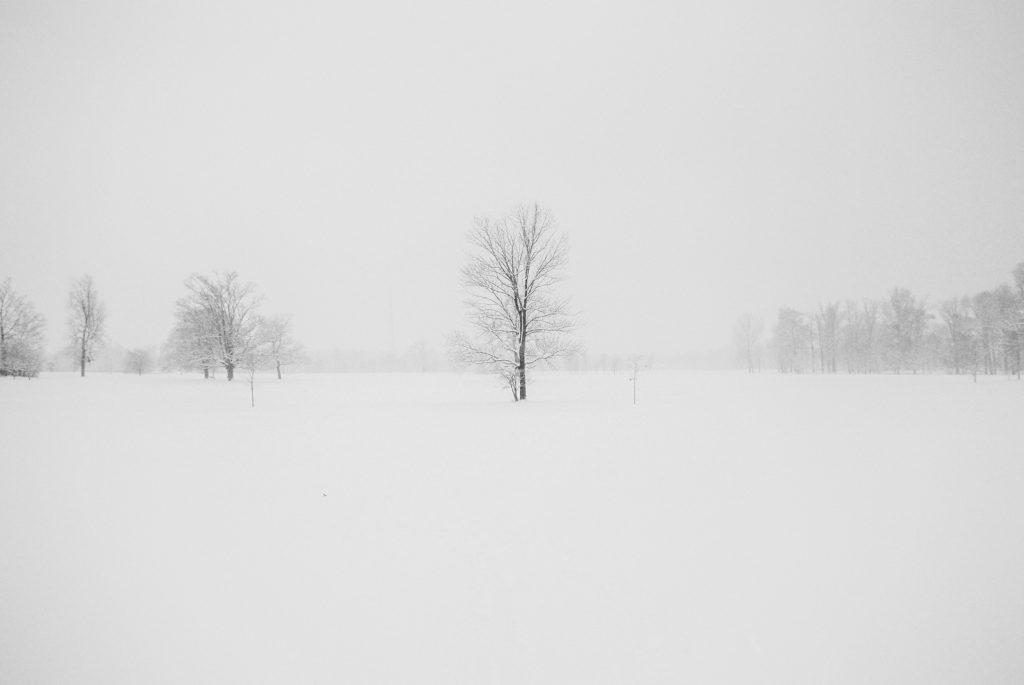The Age of Second Chances
Leonard Yip (b. 1995)
Coming back was to this:
taking the flowers from their windowsill
where they had died and the green
long faded, leaves crumbling
like broken bread.
The turning aside of the vase
must not be an apology. I will not
say sorry for my graceless striving,
for the withered petals,
for in the brambles and thorns
I have seen the patient crown of a bleeding God
who has promised the mourning
and then the dancing.
I am understanding this now,
in this age of second chances.
In my short hour of living,
the language I am still learning over
and over is the spill of water
roping uncertain into dry soil,
the flower in it racing
again to the light by the windowsill.
(2018)
***
Matthew 28:3-10 (NIV)
His appearance was like lightning, and his clothing white as snow. And for fear of him the guards trembled and became like dead men. But the angel said to the women, “Do not be afraid, for I know that you seek Jesus who was crucified. He is not here, for he has risen, as he said. Come, see the place where helay. Then go quickly and tell his disciples that he has risen from the dead, and behold, he is going before you to Galilee; there you will see him. See, I have told you.” So they departed quickly from the tomb with fear and great joy, and ran to tell his disciples. And behold, Jesus met them and said, “Greetings!” And they came up and took hold of his feet and worshiped him. Then Jesus said to them, “Do not be afraid; go and tell my brothers to go to Galilee, and there they will see me.”
***

***
Leonard Yip is a Chinese Singaporean poet and a good friend of mine. He read for undergraduate and graduate degrees in English literature at the University of Cambridge before, amidst the COVID-19 pandemic, he returned hurriedly to Singapore. His academic and creative writing reveals deep and sustained engagements with ecology, observation, and spirituality, especially the thin areas that find themselves between nature and urbanity. This is in turn furnished by a love of walking and hiking, often reflected in the rhythms of his creative prose. Characteristic of his writing is a sparse, economic style, one belied by profound experiences of spiritual yearning and struggle.
His poem ‘The Age of Second Chances’ reflects many of these elements. The mise-en-scene of his poem is a ‘windowsill’, accompanied by the act of ‘taking the flowers’ with ‘green / long faded’ and ‘leaves crumbling / like broken bread’. The Eucharistic image he employs intuits the poem’s engagement with the figure of Christ, the breaking of bread itself a symbol for the body to be broken on the Cross. Here, the death of his flowers is yoked to the despair laid at the feet of the crucifixion.
And yet, as the speaker ‘[turns] aside’ the ‘vase’, he knows that such an act ‘must not be an apology’ – perhaps to the flowers, or to himself – and that there is no space to seek forgiveness for ‘my graceless striving’. The anaphora of ‘for the withered petals, / for in the bramble and thorns’ provides a gentle segue to the image of Christ, ‘the patient crown of a bleeding God’, itself between life and death, hope and grief, promising ‘the mourning / and then the dancing’ as in the book of Revelations.
Leonard’s poem comes to a close with a recognition of learning about the slow draw of ‘the age of second chances’, how ‘In my short hour of living’ that ‘the language I am still learning / over and over’, is that of a kind of resilience. Perhaps this second chance is the life granted in the knowledge of who Christ is, one that must be lived with the compulsion of a daily, quotidian faith. It is one that presses on just as how in midst of ‘the spill of water / roping uncertain into dry soil’, the flower races ‘again to the light by the windowsill’, the graceless striving toward grace.
It is the difficulty in remembering that the death of Christ brings hope and relief, not the finality of despair, that every day we must struggle to bring ourselves back to that place of faith and recognition, of knowing that He has risen, and that there is a ‘fear and great joy’ that accompanies that.
As we continue to return from doubt to faith, despair to hope, gracelessness to grace each day, how have we struggled to remember what a life lived in the light of the cross looks like?
***
© 2018 Leonard Yip


















